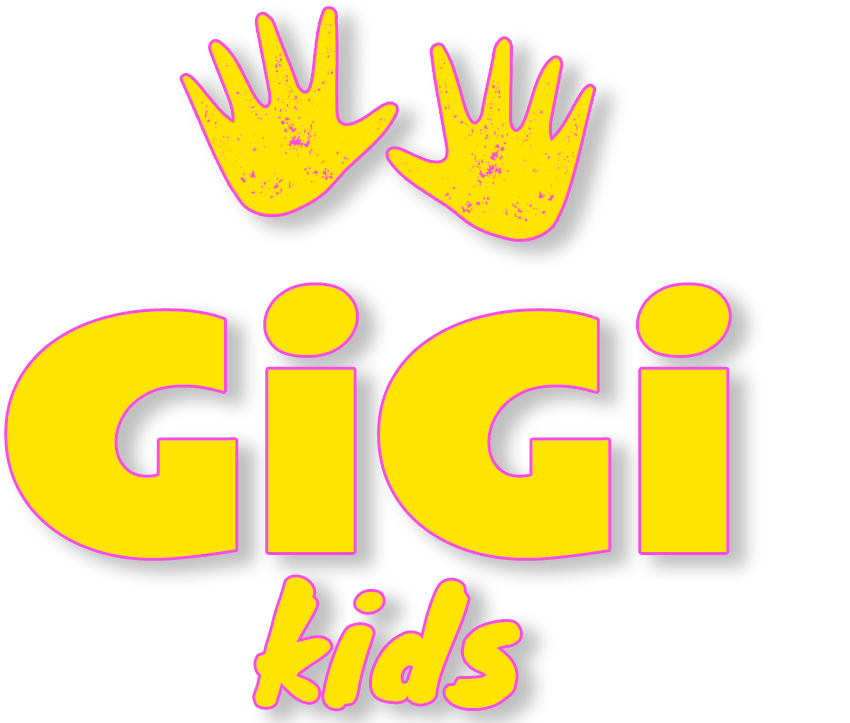Providing toddlers and kindergartners with healthy snacks is essential for their growth, energy levels, and overall development. At this age, children are rapidly growing, and their nutritional needs are unique. Healthy snacks not only fuel their active bodies but also help establish good eating habits that can last a lifetime. However, finding snacks that are both nutritious and appealing to young children can be challenging. Here’s a guide to help you navigate the world of healthy snacking for little ones!
Why Healthy Snacks Matter
Toddlers and young children have small stomachs, which means they need to eat frequently throughout the day. Snacks play a crucial role in filling nutritional gaps between meals and keeping their energy levels stable. Healthy snacks provide essential nutrients like vitamins, minerals, fiber, and healthy fats, which support brain development, strong bones, and a healthy immune system.
What Makes a Snack Healthy?
When choosing snacks for toddlers and kindergartners, aim for a balance of the following:
- Fruits and Vegetables: Rich in vitamins, fiber, and antioxidants.
- Whole Grains: Provide sustained energy and fiber for digestive health.
- Protein: Supports growth and development, keeping kids full longer.
- Healthy Fats: Essential for brain development and overall health.
Avoid snacks high in sugar, salt, and unhealthy fats, as they can lead to energy crashes, poor concentration, and unhealthy weight gain.
Top 10 Healthy Snack Ideas
1. Fruit Kabobs
Thread chunks of colorful fruits like strawberries, grapes, and melon onto skewers for a fun, rainbow-like snack. Pair with a yogurt dip for added protein.
2. Veggie Sticks with Hummus
Cut carrots, cucumbers, and bell peppers into sticks and serve with a tasty hummus dip. This snack is rich in fiber and healthy fats.
3. Mini Whole-Grain Sandwiches
Use whole-grain bread to make mini sandwiches filled with peanut butter, almond butter, or cream cheese and thinly sliced bananas or cucumbers.
4. Yogurt Parfaits
Layer plain Greek yogurt with fresh fruit and a sprinkle of granola. This snack provides calcium, protein, and probiotics for gut health.
5. Cheese Cubes and Whole-Grain Crackers
A simple, protein-packed snack that combines the calcium from cheese with fiber from whole-grain crackers.
6. Homemade Trail Mix
Mix unsalted nuts, seeds, dried fruits, and a few whole-grain cereal pieces. Be cautious with nuts if your child is under 4, as they can be a choking hazard.
7. Banana Oat Bites
Mash a ripe banana with oats, add a dash of cinnamon, and bake small portions in the oven for 10-12 minutes. These bites are soft, chewy, and naturally sweet.
8. Hard-Boiled Eggs
A quick and easy snack packed with protein, vitamins, and minerals. Slice them into fun shapes for added appeal.
9. Smoothies
Blend spinach, banana, frozen berries, and unsweetened almond milk for a nutrient-dense smoothie that tastes like a treat.
10. Apple Slices with Nut Butter
Slice apples thinly and spread them with almond or peanut butter. Sprinkle with chia seeds for an extra nutrient boost.
11. Apple Slices with Peanut Butter
A classic combo of crunchy apples paired with protein-rich peanut butter. This snack provides fiber, healthy fats, and energy to keep kids active and full.

Tips for Successful Snacking
- Make It Fun: Use colorful plates, fun shapes, and interactive elements like dips to make snacks more appealing.
- Involve Your Child: Let them help prepare their snacks to spark their interest and teach them about healthy eating.
- Offer Variety: Introduce different foods and textures to broaden their palate and ensure they get a wide range of nutrients.
- Watch Portions: Keep snack portions small to avoid spoiling their appetite for main meals.
Snacks to Avoid
While it’s okay to offer occasional treats, try to limit the following:
- Sugary snacks like candy, cookies, and pastries.
- Processed snacks high in salt, such as chips and pretzels.
- Sugary drinks like soda and juice; opt for water or milk instead.
Conclusion
Healthy snacks are a vital part of a toddler’s or kindergartner’s diet, providing the energy and nutrients they need to grow, learn, and play. With a little creativity and planning, you can offer snacks that are not only nutritious but also fun and delicious. By instilling healthy snacking habits early, you set the foundation for a lifetime of healthy eating!

